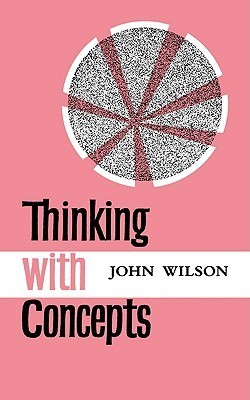O conteúdo básico deste livro é essencial para a boa orientação de qualquer tipo de debate, pois apresenta a importância da definição (e respeito) a conceitos basilares, sem os quais qualquer discussão vira um emaranhado de opiniões vazias e superficiais. Em resumo, não é só porque você deseja estar certo que você realmente estará certo. O livro invalida, com classe, a ideia de que "todo debate é válido". Para que seja realmente válido, é preciso que, no mínimo, respeitem-se os conceitos envolvidos nele; algo que só é possível se os interlocutores estiverem mais interessados no conhecimento gerado pela conversa do que em um desejo simplista, egoísta e cômodo de estarem certos.

